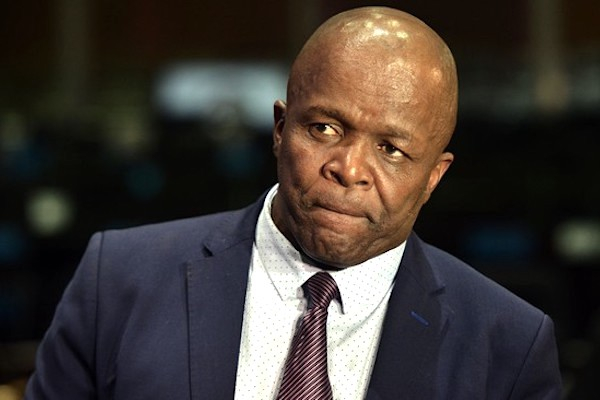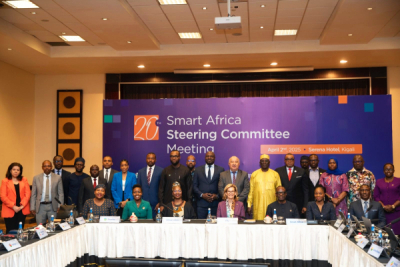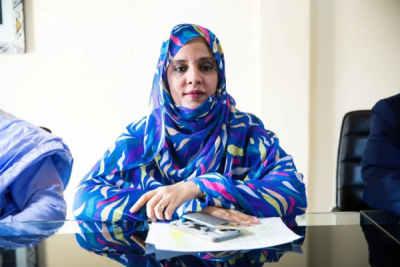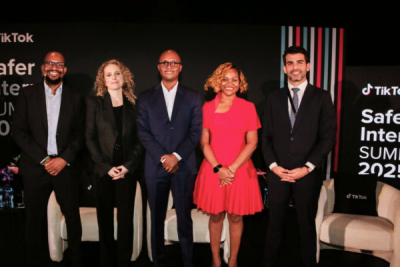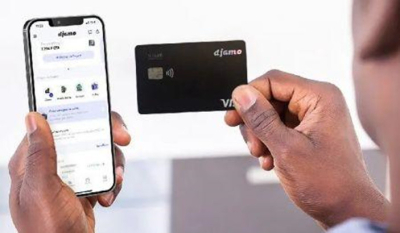Africa's digital revolution falls behind other continents, but governments are proactively adopting strategies to narrow the divide, drive economic growth, and accelerate the adoption of next-gen technologies.
The South African government is spearheading digital transformation through a two-step plan for analogue switch-off and digital migration. This strategic approach aims to unlock spectrum for advanced telecommunications and usher in next-generation technologies nationwide.
In the initial step, analogue services above the 694MHz band will be switched off by July 31, 2023. This action will liberate valuable spectrum, enabling enhanced connectivity and resource optimization in the evolving digital landscape.
The second step focuses on accommodating high-population areas below the 694MHz band. The deadline for switch-off in these regions is set for December 31, 2024, ensuring a seamless transition and equitable digital migration for all.
For Mondli Gungubele, Minister of Communications and Digital Technologies, analogue switch-off plays a critical role. “This approach is accepted to be a win-win approach that will enable analogue switch-off progress, release spectrum, and allow key stakeholders to recover from post-COVID economic decline and the impact of load shedding,” he said.
To ensure a smooth transition, the Department of Communications and Digital Technologies will collaborate closely with industry stakeholders and the regulator, the Independent Communications Authority of South Africa (ICASA). Together, they will oversee the successful implementation of the analogue switch-off, spectrum release, and digital migration.
In support of the transition from analogue to digital broadcasting, the government has received over 1.5 million applications for government-subsidized set-top boxes (STBs) since 2015. Recognizing the importance of inclusivity, late registrations will continue to receive support until the completion of the nationwide digital migration.
Installation of STBs is already underway in provinces earmarked for analogue switch-off, equipping households with the necessary devices to access digital broadcasts. Simultaneously, robust public awareness campaigns are educating the population about digital migration and its wide-ranging benefits.
Looking ahead, the government plans to intensify its awareness campaign, forging partnerships with broadcasters to amplify the digital migration message. By embracing digital technologies and facilitating a seamless transition, South Africa is poised to unlock its full digital potential, fostering economic development and empowering connectivity for all citizens.
According to a GSMA (Global System for Mobile Communications Association) report "Digital Switchover in Sub-Saharan Africa" (October 2022), DSO (Digital Switchover) presents a unique win-win situation for spectrum allocation. It expands mobile service coverage, reduces costs, and enhances TV quality for consumers. Unlike outdated analogue broadcasting, digital TV broadcasting is more efficient, allowing countries to utilize the UHF band for both mobile services and television broadcasting.
Hikmatu Bilali


